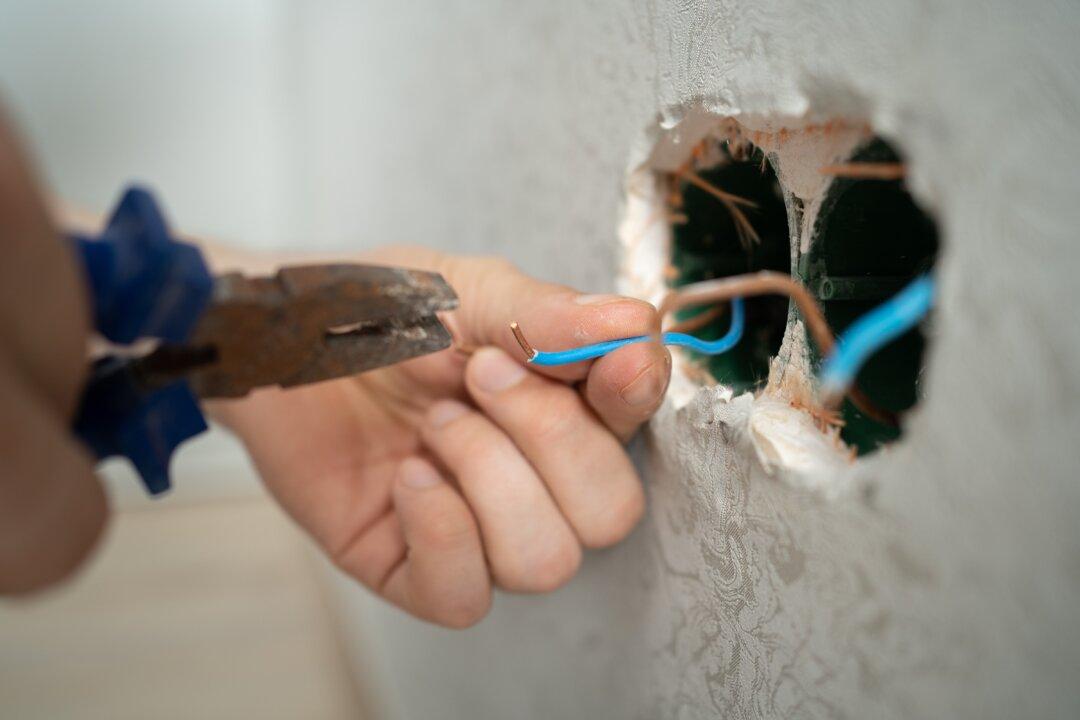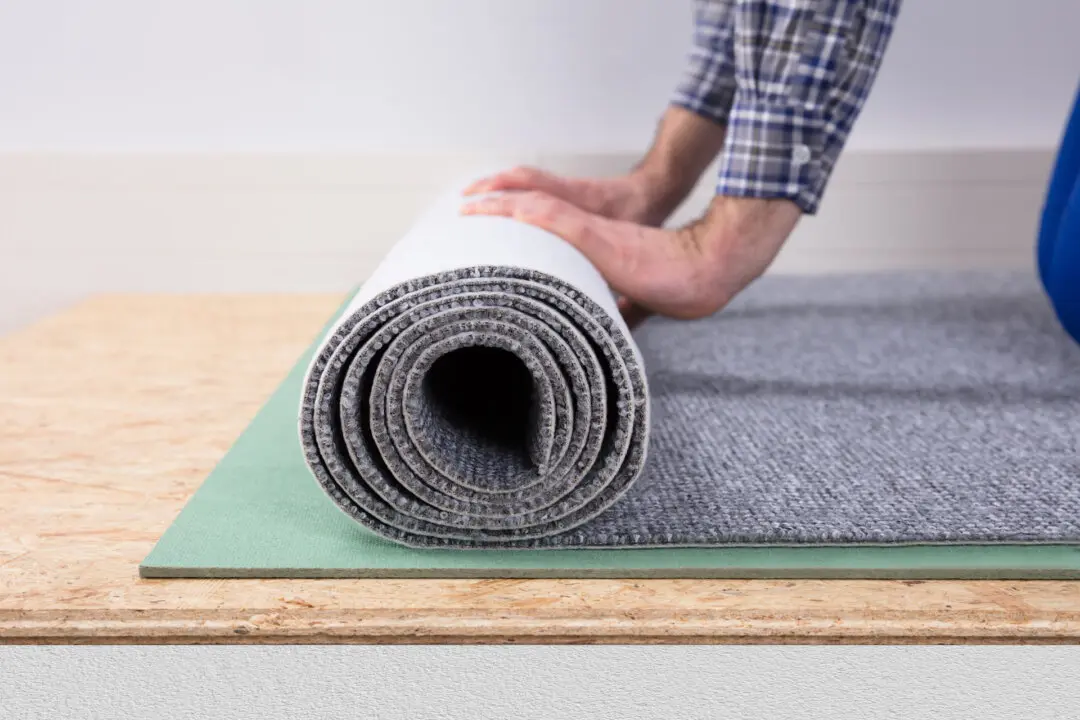Dear James: My house was built decades ago and there are some electrical issues I want to improve. Will I need special tools for common electrical projects to make them easier? —Marye R.
Dear Marye: Before buying any tools, buy a book about electrical codes. Never deviate from accepted electrical codes, even if you’re the only one living in the house. If you sell the house someday and the new owner is injured from your improper electrical work, you will likely be responsible. If you aren’t clear about every aspect of a project, hire an electrician.





